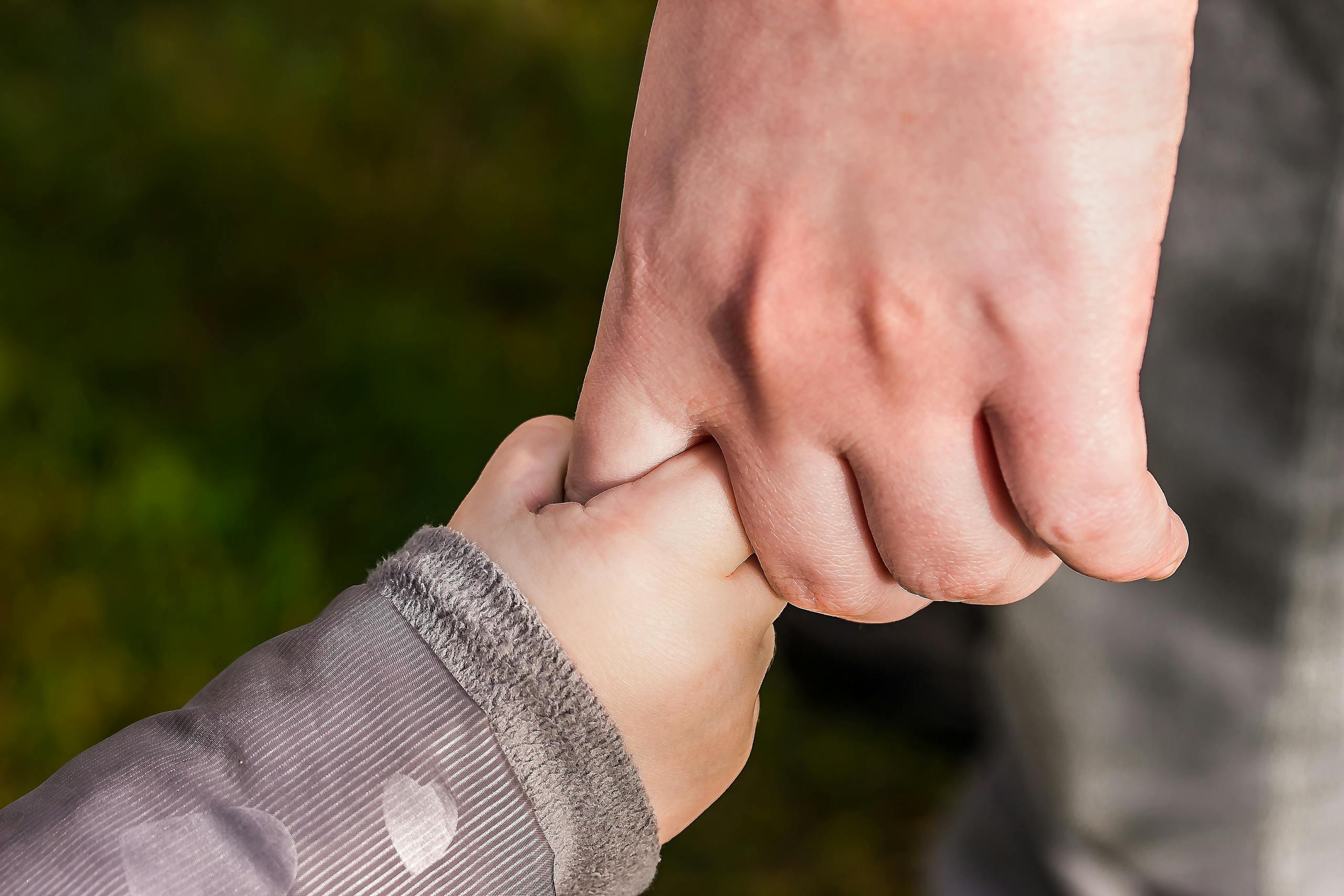The Essential Guide to Positive Parenting: Tips and Strategies for Raising Happy Kids with Healthy Inner Voices
Reviewed by Dr. A. Iacobucci ✅
As parents, we all want our children to succeed and become the best versions of themselves.
However, sometimes in our desire to guide them, we may end up becoming overly aggressive or shameful, which can do more harm than good. Aggressive parenting can lead to feelings of fear, anxiety, and low self-esteem in children, and can negatively impact their emotional and mental well-being.
We often see adults who come to therapy who are struggling with negative internal voices and narratives that they developed in childhood, due to overly critical, neglectful, or micromanaging caregivers.
In this blog, we will discuss some tips on how parents can best guide their children without being any of those things.
Communicate openly and listen actively
Communication is key when it comes to effective parenting. This may sound easier than it is; most of us listen to respond. We are already formulating what we want to say back to the other person (adult or child) in response to what they are saying. We are often defensive or automatically trying to problem solve. However, parents should create a safe and open environment where children can feel comfortable sharing their thoughts and feelings without fear of judgment, punishment, solution-finding (before it’s asked for) or diminishment.
Active listening is crucial; it involves giving your child your full attention, acknowledging their feelings, and reflecting the words back to them (see this blog on effective communication).
This helps children feel heard, validated, and respected, which can lead to a more positive parent-child relationship. More importantly, it also helps the child to develop their inner voice- the one they carry with them into their adult lives that runs in the background as they navigate the world.
Set clear expectations and boundaries
Children need structure and boundaries to feel safe and secure. We can’t emphasize this enough!! As a parent, it’s important to set clear expectations and boundaries for your child’s behavior, but in a positive way.
Instead of using negative language such as “don’t do that” or “stop misbehaving,” try using positive language such as “let’s try doing this instead” or “how can we solve this problem together?” The goal is to GUIDE them. You are the way-shower, not the dictator. This approach focuses on problem-solving and encourages children to take responsibility for their actions.
Keep your emotions and your reactivity in check
In my opinion, this is probably the most important piece of advice I can give. If you are emotionally dysregulated, so too will your child be. Our children reflect back our energy to us. And often, we think we are doing a good job of hiding how we are actually feeling. But our kids pick up on what they sense and behave in a way that matches our actual, inner emotional state. We have to be better about managing our emotions, grounding ourselves, compartmentalizing what may be going on in our lives. This means taking personal responsibility for what we feel and what we do with how we feel.
How can you do this better?
There are many ways. First and foremost, this is an excellent reason to engage in therapy or coaching. There you can get an outside viewpoint on your own patterns of thinking and behavior and get expert tips on adjustments you could make. Alternatively, there are some amazing books out there that you could read (such as Stop Overthinking by Mark Trenton) to become more self-aware and learn some skills.
Either way, managing your emotions has a ripple effect on your life, that not only extends to your children but to every other relationship you have as well.
Use discipline, not punishment
Discipline is different from punishment. Punishment is a form of retribution that focuses on making the child suffer for their wrongdoing, while discipline focuses on teaching the child how to behave appropriately.
Effective discipline involves setting consequences for negative behavior that are fair and consistent, and that teach the child the consequences of their actions. For example, if your child hits another child, you can teach them the importance of respecting others’ personal space and having them take a break from playing for a few minutes. It’s all in the tone of voice you use.
Remember, what you say to your child becomes their inner voice that they carry with them into adulthood. No matter what the offence, there is always a way to speak to your child that comes from a loving place. It can be firm and direct but needs to still convey love and acceptance.
Model positive behavior
Children learn by observing their parents’ behavior. How you behave in your day-to-day interactions with others is how your children learn how to behave in theirs. Are you kind to others? Do you speak appropriately to your partner? To strangers? Do you speak kindly about yourself? Do you laugh off mistakes you make? All of these moments are being observed and integrated by your kids. This is how they learn how to navigate their own world.
If you are struggling, they will see it and feel it (even if you think you’re doing a great job hiding it). Therapy or coaching is a great way to address these issues.
Reach out to us here if you would like to schedule free consultation.
We love recommending products that we think will enhance your life, and to help support our website, we participate in the Amazon Services LLC Associates Program. This means that if you click through one of our affiliate links to make a purchase on Amazon, we may earn a small commission at no extra cost to you. Rest assured that we only promote products we believe in and think you’ll love too. Thank you for supporting us and happy shopping!





